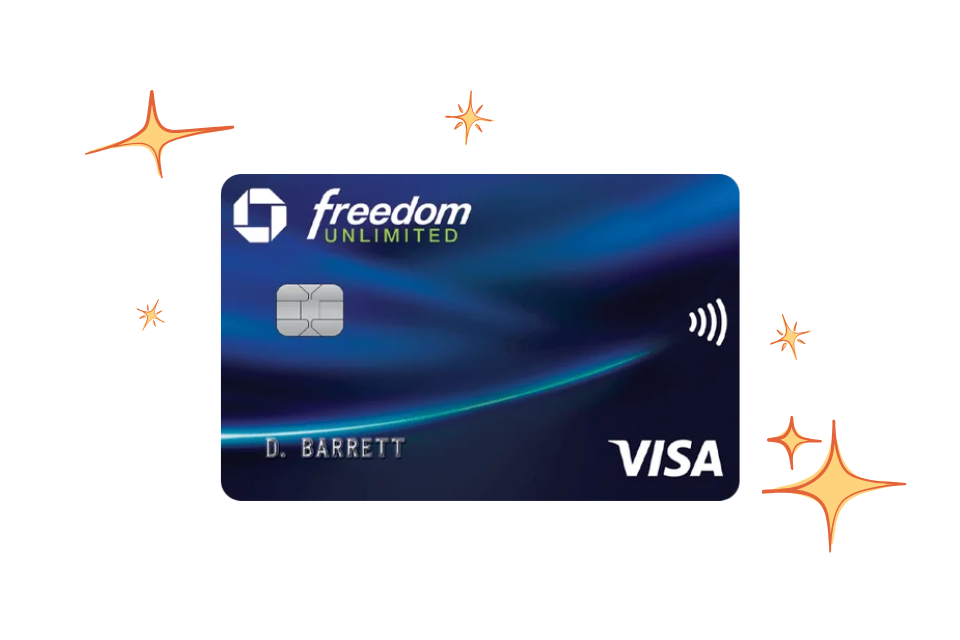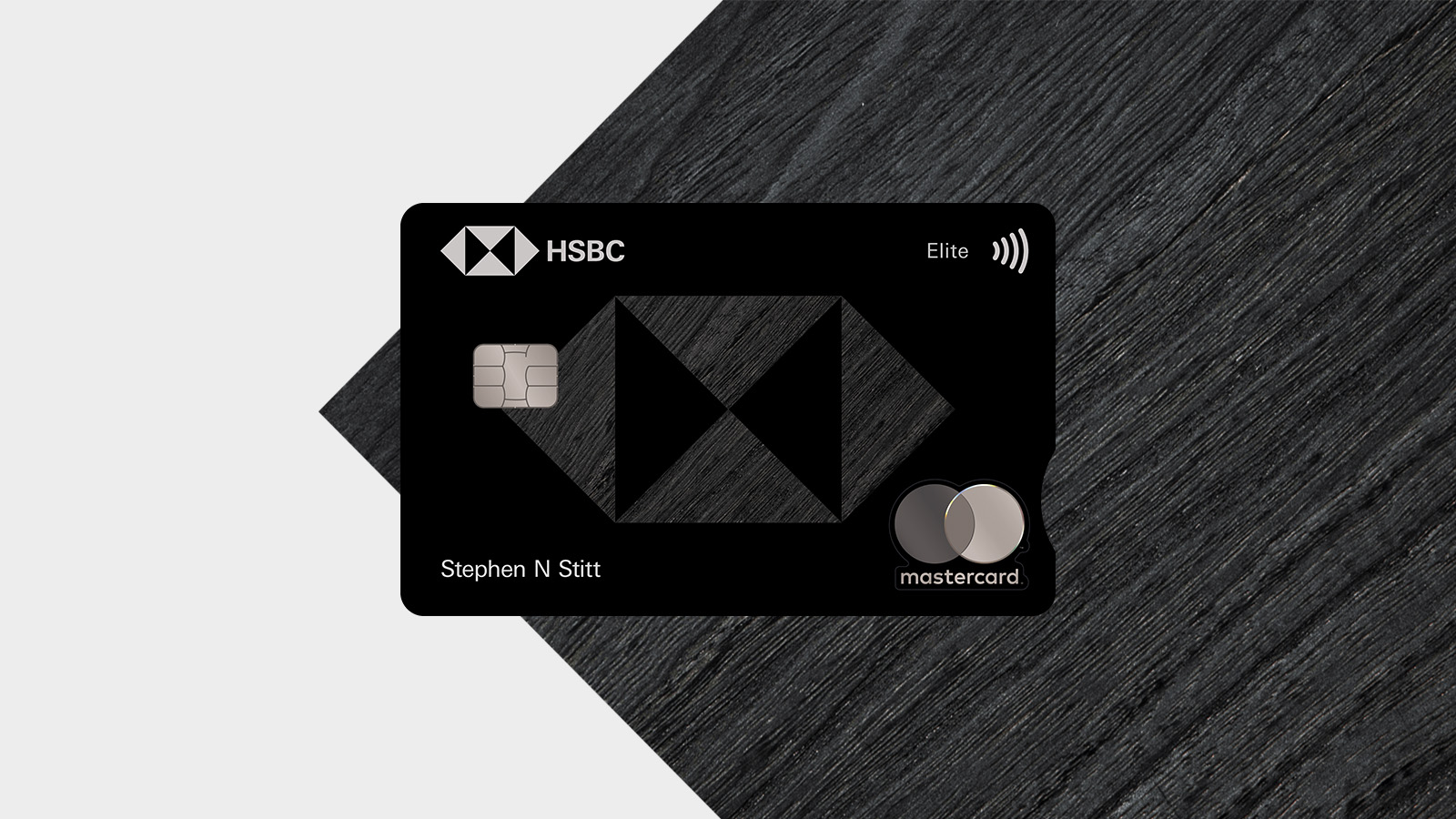Strategies to Avoid Debt and Use Credit Cards Responsibly

Essential Strategies for Managing Credit Cards Effectively
Managing credit cards is a crucial aspect of maintaining your financial well-being. While credit cards can offer convenience and rewards, they can also lead to overwhelming debt if not handled properly. Many individuals find themselves in financial distress due to a lack of understanding regarding how credit works or the implications of misusing credit. Fortunately, there are several practical strategies that can help you navigate the world of credit and avoid falling into common traps.
Create a Budget
One of the most effective ways to manage your credit cards is by creating a budget. This involves tracking your monthly income and expenses to accurately assess how much you can afford to charge on your credit card. For example, if your monthly take-home pay is $3,000 and your fixed expenses, such as rent and utilities, total $2,000, you know you have $1,000 left for discretionary spending. From this total, you can allocate a portion for credit purchases, ensuring that you only spend what you can comfortably pay off when the bill arrives.
Pay Balances in Full
Another vital strategy is to pay your credit card balances in full each month. This practice not only helps you avoid interest charges, which can accumulate quickly, but it also demonstrates responsible credit behavior. For instance, if you purchase a new laptop for $800 and choose to pay it off in full by the due date, you prevent the interest—often around 15-25%—from increasing your overall expenses. This discipline allows you to enjoy the benefits of your purchases without falling into debt.
Use Credit Sparingly
Using your credit cards sparingly is also fundamental in maintaining control over your financial situation. Reserve your credit card for essential purchases such as groceries, gas, or emergency expenses, rather than using it for non-necessities. For example, if you find yourself wanting to make frequent online purchases, it may be prudent to limit those to cash or debit transactions. This approach not only keeps your spending in check but also helps avoid impulse buying, which can lead to accumulative debt.
In summary, implementing these strategies can significantly promote responsible credit card use and strengthen your financial foundation. By creating a budget, paying balances in full, and using credit sparingly, you empower yourself to avoid the pitfalls of debt. Staying informed and proactive about your financial choices will ultimately lead to a brighter, more secure financial future.
DISCOVER MORE: Click here to learn how credit cards affect your credit score
Understand Your Credit Card Terms
Before diving into the world of credit cards, it is vital to understand your credit card terms. Each card can have different terms regarding interest rates, fees, and rewards. Take the time to read through your cardholder agreement, paying special attention to the annual percentage rate (APR), late fees, and any potential penalties for exceeding your credit limit. For instance, if you have a card with a high APR and you are unable to pay off your balance each month, the accrued interest can quickly escalate, leading to financial difficulties. Knowing these details can help you make informed choices about how and when to use your card.
Keep Track of Your Spending
Another essential strategy for responsible credit card use is to keep track of your spending. It is easy to lose sight of your expenditures when using a credit card for everyday purchases. To combat this, consider the following methods:
- Regularly check your credit card statement: Make it a habit to review your statement every month, ensuring that you recognize all charges and spot any discrepancies.
- Use budgeting apps: Many apps can help you categorize your spending, set limits, and receive alerts when you near predefined thresholds.
- Maintain a spending diary: Writing down your purchases can help you understand your spending patterns and identify areas where you might be overspending.
By being methodical about tracking your spending, you can maintain better control over your finances, helping to prevent unnecessary accumulation of debt.
Avoid Impulse Purchases
Impulse purchases are a significant contributor to credit card debt. To guard against this, develop strategies to avoid impulse buying. Here are a few effective techniques:
- Wait 24 hours before purchasing: If you find yourself wanting to buy something that wasn’t planned, give yourself a day to think it over. This cooling-off period can help you assess whether the purchase is truly necessary.
- Make a shopping list: Before heading out or browsing online, create a list of items you need and stick to it. This can prevent you from being sidetracked by alluring promotions and advertisements.
- Limit credit card access: If possible, keep your credit card out of your wallet and use it only for planned purchases. By physically limiting its accessibility, you will think twice before reaching for it.
By implementing these techniques, you can cultivate mindful spending habits and reduce the temptation to splurge on non-essential items.
Together, these strategies form a strong foundation for responsible credit card use. By understanding your card’s terms, tracking your spending, and avoiding impulse purchases, you set yourself on a pathway to better financial health and reduced debt risk.
DISCOVER MORE: Click here to learn about credit card interest rates and your financial health
Pay Off Your Balance Monthly
One of the most effective strategies for avoiding debt while using credit cards is to pay off your balance in full each month. When you pay your bill in full, you avoid interest charges altogether, as most credit cards offer a grace period for new purchases. This means that if you pay your balance by the due date, you will not incur any additional costs beyond what you initially spent.
To make this easier, consider setting up automatic payments for at least the minimum amount due. However, aim to pay more than the minimum whenever possible, as this will help you sidestep interest charges and keep your credit utilization ratio low. Your credit utilization is the percentage of your total credit limit that you are using, and maintaining it below 30% is generally recommended. For example, if you have a credit limit of $1,000, try to keep your balance under $300. This not only safeguards you from accumulating debt but also positively affects your credit score.
Use Credit Card Benefits Wisely
Many credit cards come with attractive benefits, such as cash back, travel rewards, or discounts at select retailers. However, it is crucial to use these benefits wisely to ensure they contribute to your financial health rather than detract from it. Here are some points to keep in mind:
- Choose rewards that fit your lifestyle: If you frequently travel, a travel rewards card may be beneficial. On the other hand, if you primarily use your credit card for grocery purchases, consider a card that offers higher cash back rates in that category.
- Don’t overspend for rewards: While it can be tempting to make unnecessary purchases just to earn points or cash back, remember that the cost of the item may outweigh the benefit of the rewards. It’s important to view rewards as a bonus rather than a primary reason to spend.
- Take advantage of sign-up bonuses responsibly: Some cards offer lucrative bonuses for meeting spending thresholds within the first few months. Ensure that you can meet these spending requirements without incurring debt; otherwise, the bonus may not be worth the cost.
By leveraging credit card benefits strategically, you can enhance your financial situation rather than jeopardizing it through excessive spending.
Establish an Emergency Fund
Building an emergency fund is a critical component of financial planning that can help you avoid relying on credit cards during unexpected expenses. An emergency fund should ideally cover three to six months’ worth of living expenses. This safety net gives you the peace of mind to handle unforeseen costs—such as medical bills or car repairs—without resorting to credit. Start small if necessary, setting aside a few dollars each week or month until you reach your goal.
Consider opening a separate, high-yield savings account specifically for this fund to help you resist the temptation to dip into it for regular expenses. By having this buffer in place, you’ll be less likely to rely on credit cards in times of crisis, effectively reducing the risk of incurring debt.
Together, these strategies provide a comprehensive approach to using credit cards responsibly while safeguarding against debt. By paying off your balance monthly, leveraging card benefits wisely, and establishing an emergency fund, you empower yourself to manage your finances in a healthy and sustainable manner.
DISCOVER MORE: Click here to find the perfect credit card for you
Conclusion
In summary, navigating the world of credit cards requires a proactive approach to avoid debt while maximizing the benefits they offer. By adopting simple yet effective strategies, you can enjoy the conveniences of credit without falling into financial pitfalls. Remember, paying off your balance in full each month is the cornerstone of responsible credit card use, ensuring you avoid interest charges and maintain a favorable credit utilization ratio. This practice not only protects your finances but also enhances your credit score.
Additionally, using credit card benefits wisely can transform your spending into rewards that enhance your lifestyle, rather than being a source of temptation that leads to overspending. Tailor your card choices to fit your habits and make rewards a pleasant addition rather than the main goal of your spending. Lastly, establishing an emergency fund serves as a vital safety net, protecting you from unexpected expenses and reducing reliance on credit cards during tough times.
Ultimately, responsible credit card management is about balance and awareness. By integrating these strategies into your financial practices, you set the groundwork for a secure financial future. Keep in mind that knowledge is power; the more educated you are about credit card usage, the more adept you will be at making sound financial decisions that support your long-term goals. With careful planning and mindful spending, you can harness the benefits of credit cards while paving a path toward financial independence.


